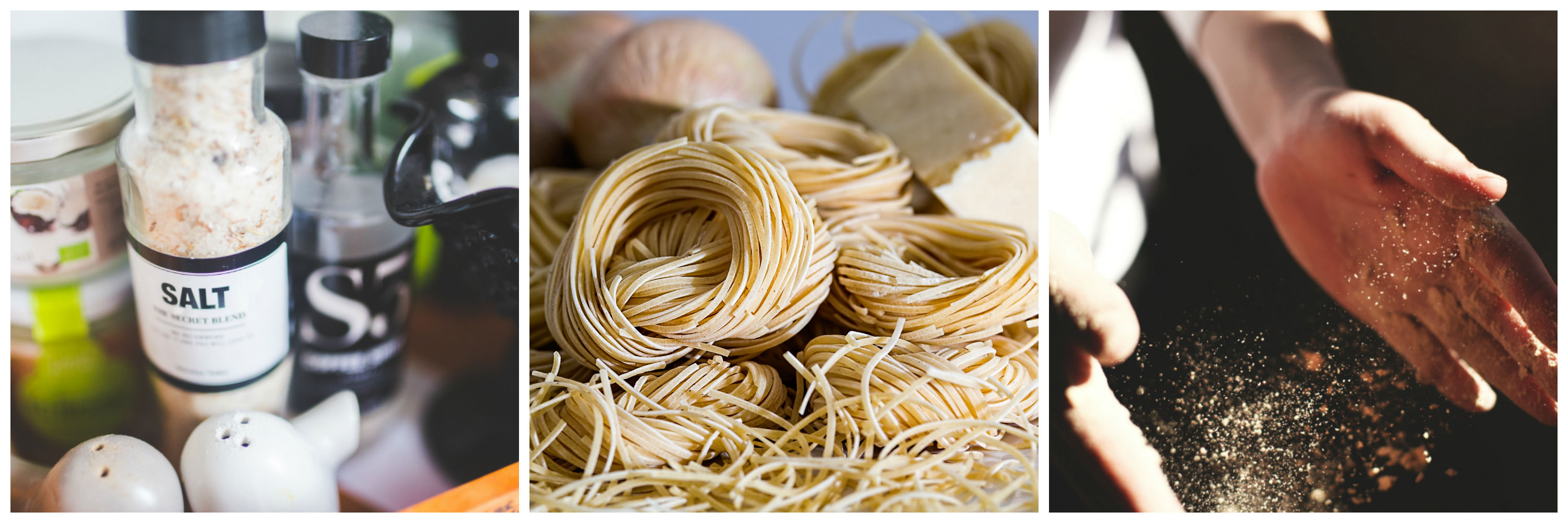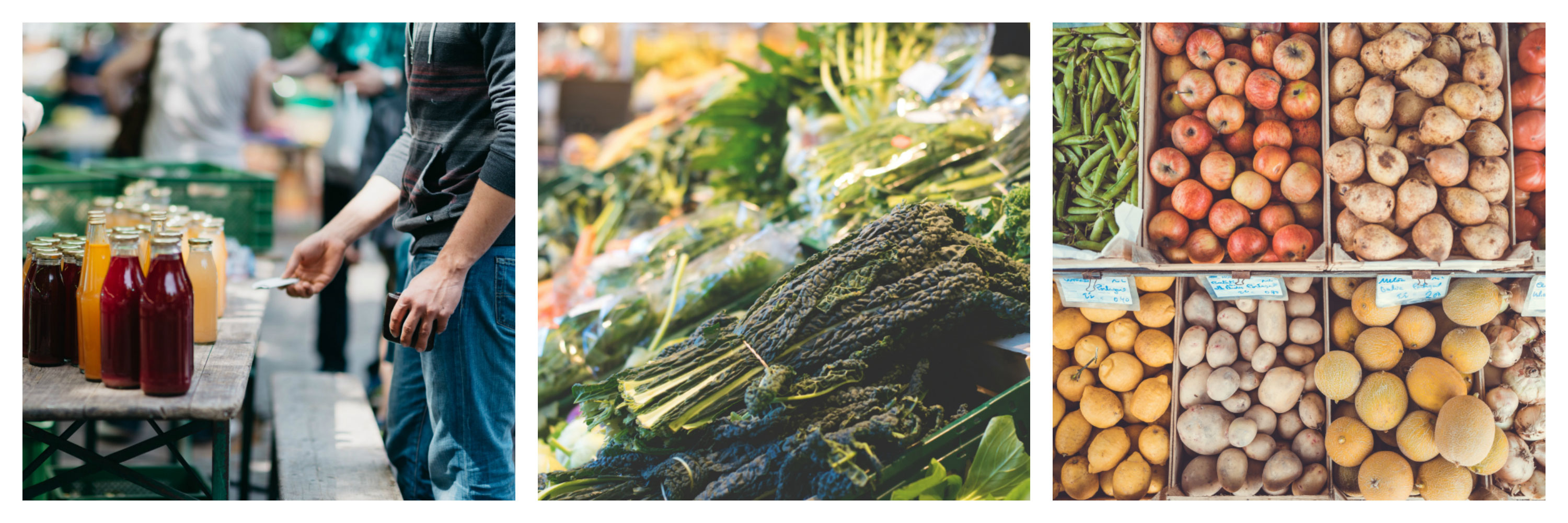University can present some unique health challenges and in order to tackle these means taking care of ourselves and doing things that are good for our bodies.
You may be surprised to learn that what we eat plays one of the biggest roles in influencing our mental health and wellbeing. Just like major organs such as the heart, intestine and liver, our brain is sensitive to what we eat. Our brain can suffer if fed a poorly balanced diet, and it can flourish with the right intake of nutrients.
As a student, eating well can seem extremely onerous (that cheese burger is so appealing when you are hungry and on a tight budget), however you'll find it will have HUGE benefits for your mental health. So, how do you get started?
Top 8 nutrition tips for better mental health at university:
1. Breakfast is essential

Breakfast gives your body and mind a kickstart and helps regulate your appetite for the rest of the day, which can counteract those “hangry” episodes we can sometimes get in mid-morning or mid-afternoon.
If you’re short on time or not a breakfast person, even the quickest and easiest meal will do: peanut butter toast, Weet-Bix, fresh fruit, or a tub of yoghurt.
The UQ union have a free weekly breakfast every Monday, Tuesday and Thursday at 7.30am-9.00am in the old Lolly Shop space in the refectory during Semester. Come along to Morning Marmelade and enjoy a breakfast of toast, spreads, coffee, tea, Milo, muesli, yoghurt, cereal and fresh fruit as well as gluten and non-dairy alternatives. On Thursday's the team run a free pancake BBQ.
2. Eat more fish

The omega-3 fatty acids in fish have been shown to reduce the risk of mental health disorders. Aim for oily fish such as tuna, salmon, mackerel, and sardines. Tinned varieties are just as good.
3. Antioxidant-rich foods

Antioxidants help fight off free radicals, the nasty molecules that cause damage to the cells within our brain and body. Colour is essential here – make your meals as colourful as possible, with a variety of vegetables, fruits, legumes, and herbs. Also try cooking with extra virgin olive oil and using it as a dressing.
4. Be wise with alcohol

I realise preaching to uni students about monitoring alcohol intake is fighting a losing battle, but if I can preach just one point: alcohol is a depressant. It may make you momentarily feel indestructible on a Thursday or Saturday night, but if done in excess it can encourage depressive symptoms. Alternating each alcoholic drink with a non-alcoholic one is a good first step to promoting your mental health.
Maximising mental health is also about eating a wide variety of nutritious foods from all food groups. For those living out of home, these practical tips will help you achieve this:
5. Organisation

Plan meals ahead and make a shopping list. You will save money, reduce food waste, and be more likely to buy healthier foods.
6. Cook in bulk and freeze

If the recipe says “serves 4”, that’s four meals you can store in your food bank. You may only have to cook two or three nights a week.
7. Your pantry is your secret weapon

Channel your inner doomsday prepper and buy bulk pasta, rice, beans, lentils, tuna/salmon, tomatoes, and wholegrain crackers. A variety of herbs, spices and vinegars to add flavour can be very useful in lieu of sugary or fatty sauces.
8. Hit the markets for fruit and veg

Shop for fruit and vegetables at the end of the day, particularly at markets or fruit and veg traders; they need to sell their produce and often discount heavily to do so.

